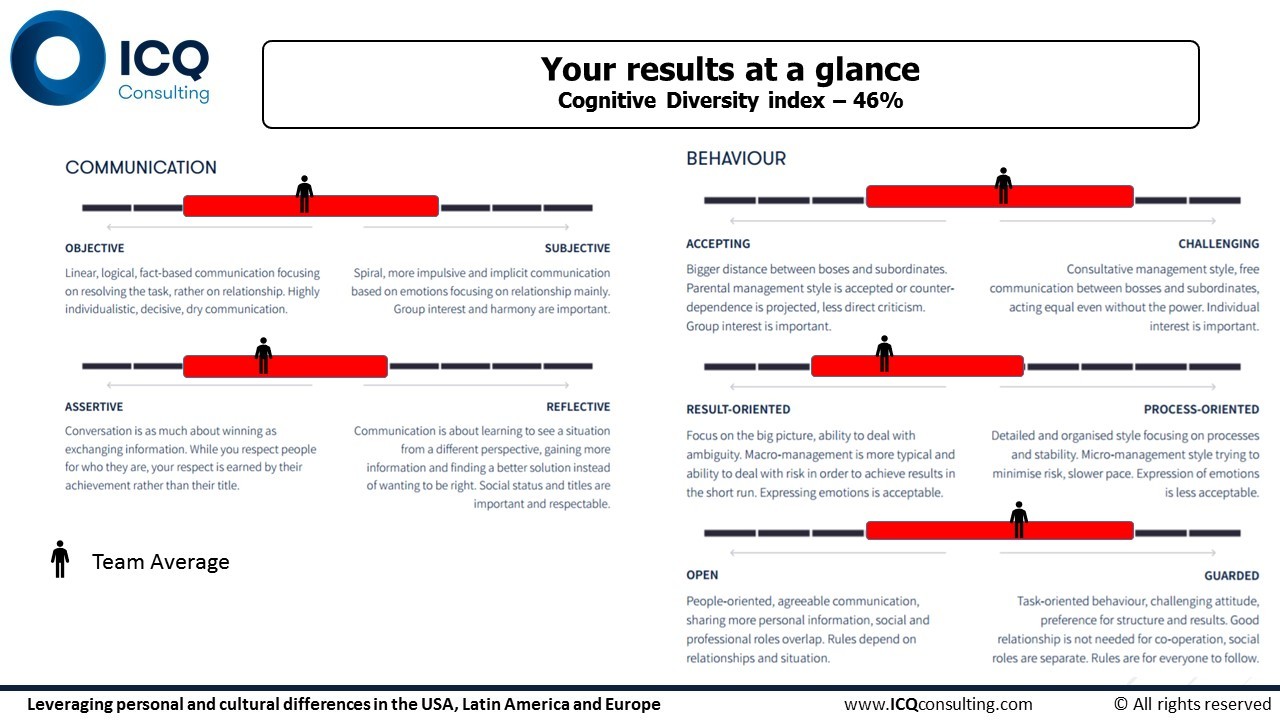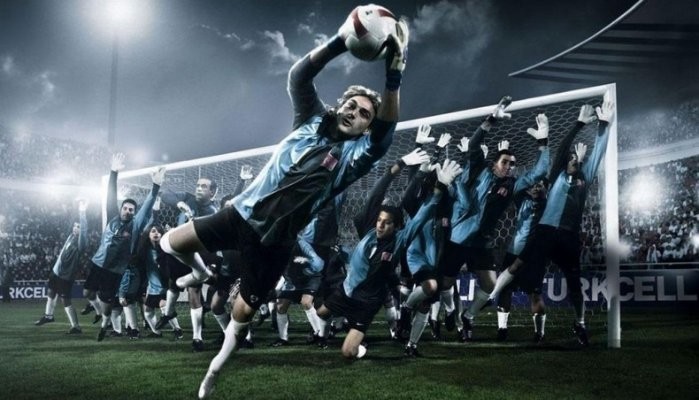Adults who run businesses might think learning is uncomfortable until they realise it is the only way to avoid a painful failure.
Since the year 2000 over 50% of Fortune 500 companies got replaced as they were operating in the false belief that the future is the just a slightly modified version of the present. Complex problems require diverse perspectives.
2017 was the year of DIVERSITY FATIGUE which I completely agree with…great ideas and concepts lose value when people turn them into PR stunts and fancy, corporate fads.
Forcing diversity at the expense of inclusion has created a situation where existing members of the group feel ignored, scared and disengaged. We can see the result of this trend in national and corporate politics, as well. The intention might be good, but without the right skills and knowledge diversity without inclusion turns into painful liability. We should focus on leveraging personal and cultural differences in 2018 instead of riding the PR wave of “the more diverse we are, the cooler we look”.
The point is NOT to employ the full range of skin colours, sexual orientations and nationalities, but to create a psychologically safe and empowering environment where everybody can fulfill their potential, challenge the status quo and drive innovation.
Strive for inclusion before trying to be more diverse. The challenge is that according to the pre-2000 approach diversity about the visible traits…if you look different, you must be different inside as well...
Real, cognitive diversity is invisible, so far it was nearly impossible to measure it and publish the numbers on websites. This has changed. Our research has clearly proven that even our family members can be much more different than somebody on the other side of the Globe. We have developed the “Cognitive Diversity Index” to map and measure organisational culture. It reveals the combination of underlying values and drivers of the organisation. The goal is not just to have the complete spectrum, but to create the ICQ mentality of asking the right questions in case of disagreement when different perspectives clash:
- What does the other person know I do not?
- What can the other person see I cannot?
Sounds obvious? Well, in theory it might be. In real life it looks like this:
- I am right, he must be wrong, I have to prove it.
- What if she is right? I would look stupid! I cannot let it happen!
Yes, it is easier to have people around us who are similar to us, but that is a recipe for the biggest lesson…the massive trauma we could have avoided. It is no-brainer…which is more efficient? A football team with 11 different players who learned how to leverage their skills or a team with 11 goal keepers? That is exactly what we do…we make the science of uncommon sense (ICQ) practical and fun to make people compatible and efficient.
Csaba Toth
Latest posts by Csaba Toth (see all)
- The Power Of Seeing Progress And Making A Difference - 01/29/2025
- The Human Side Of AI: A Threat Or Opportunity? - 01/29/2025
- The Magic Of Leadership—And The Science Behind It - 01/29/2025
Copyright © 2018 ICQ Global. All Rights Reserved.


